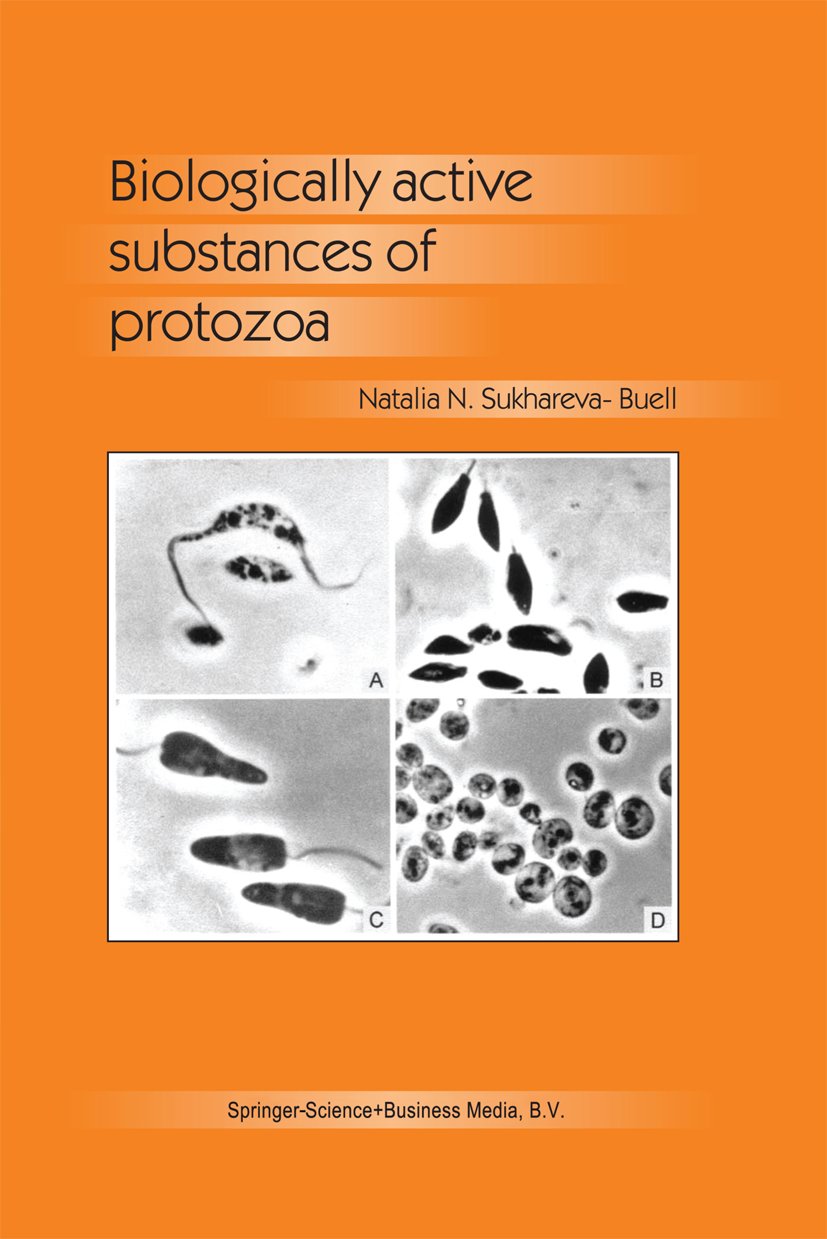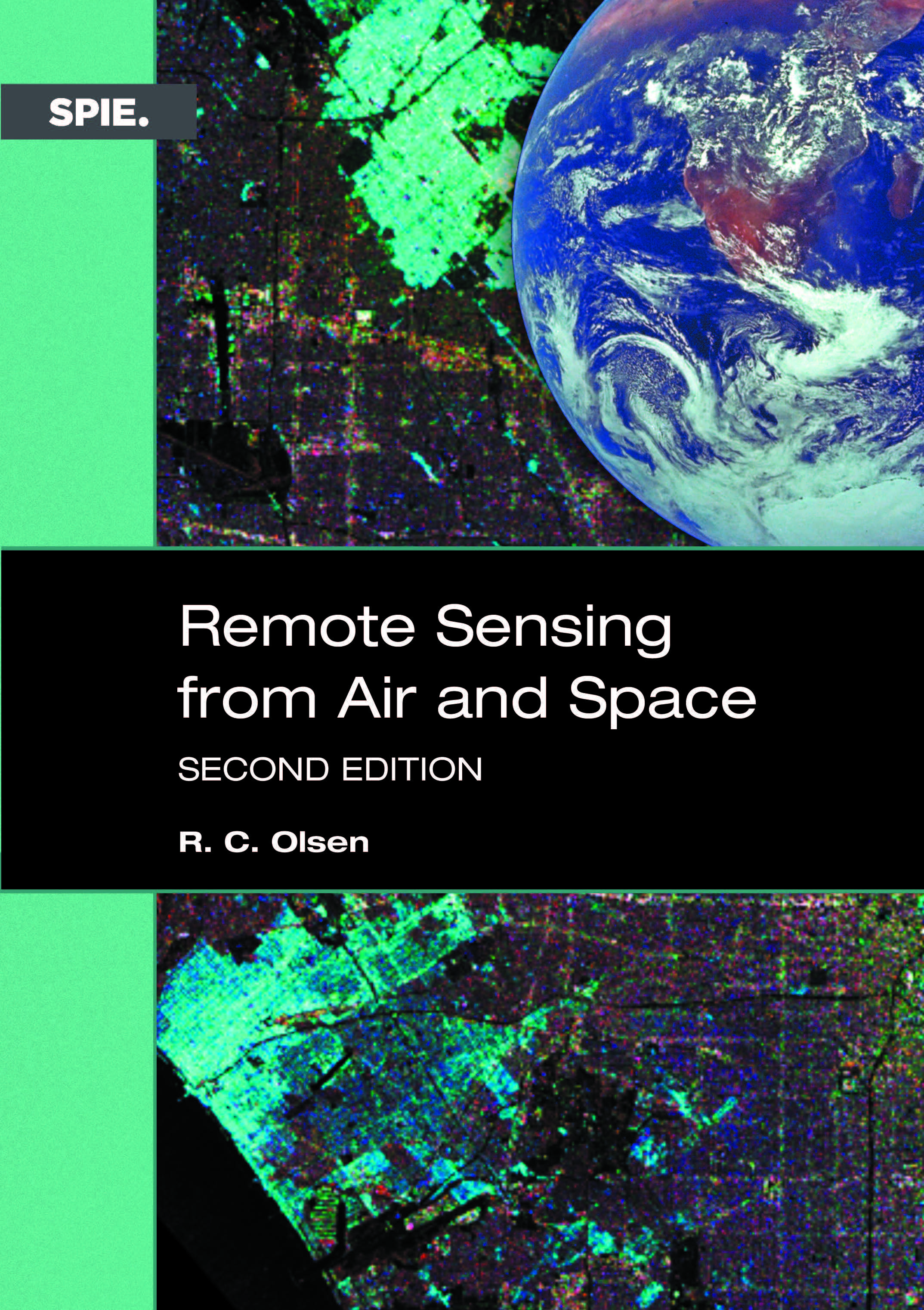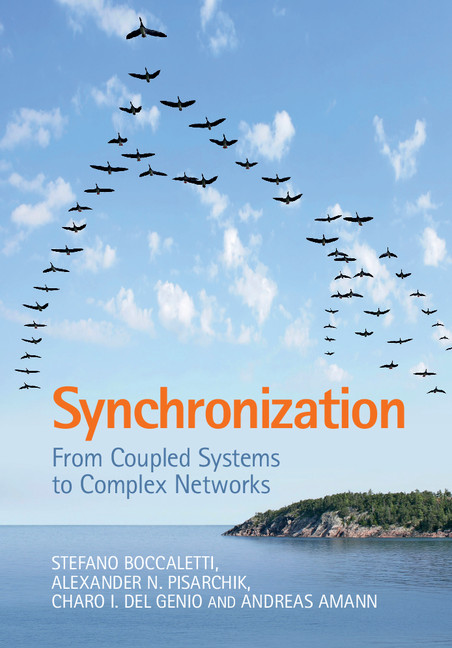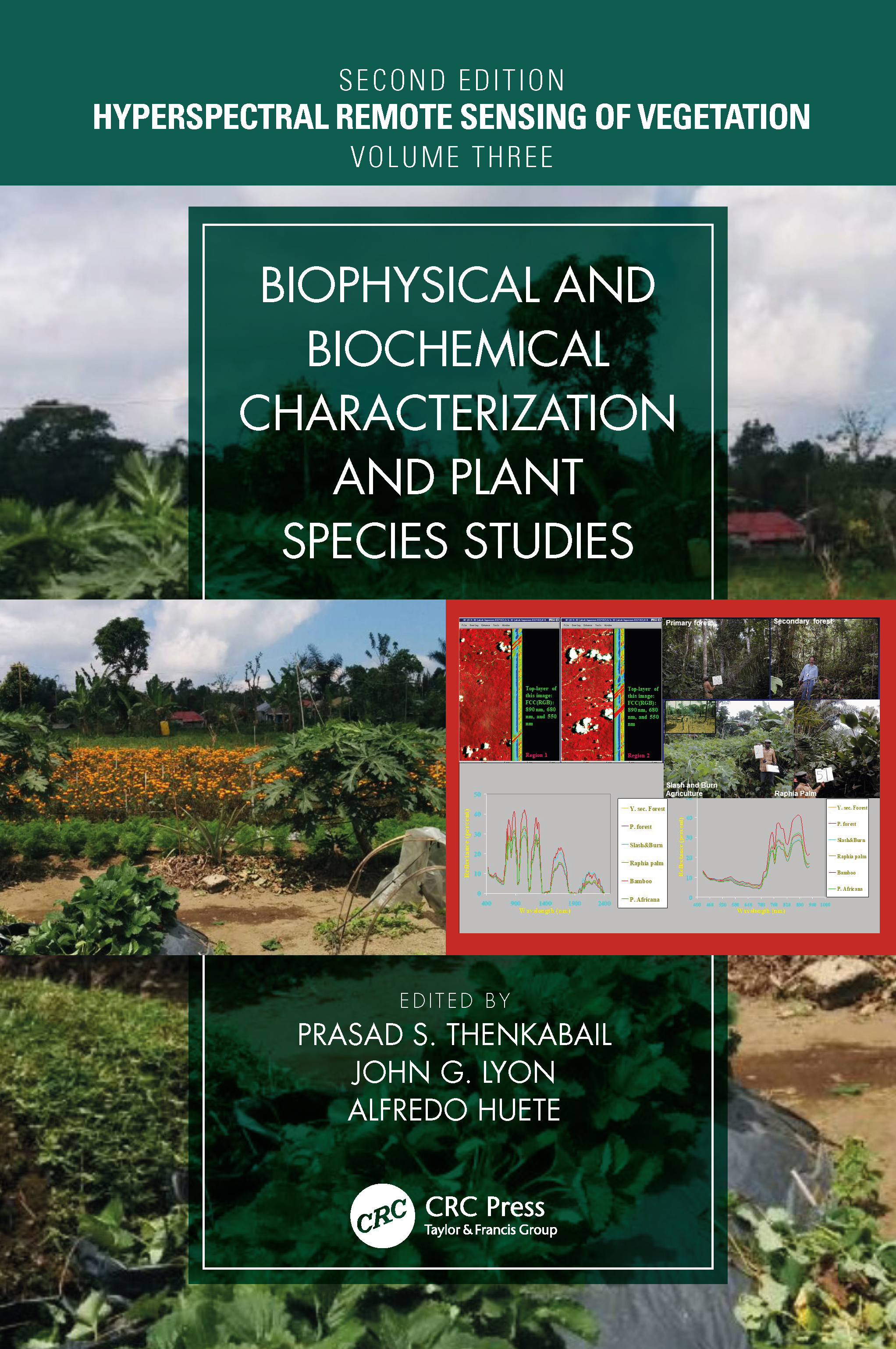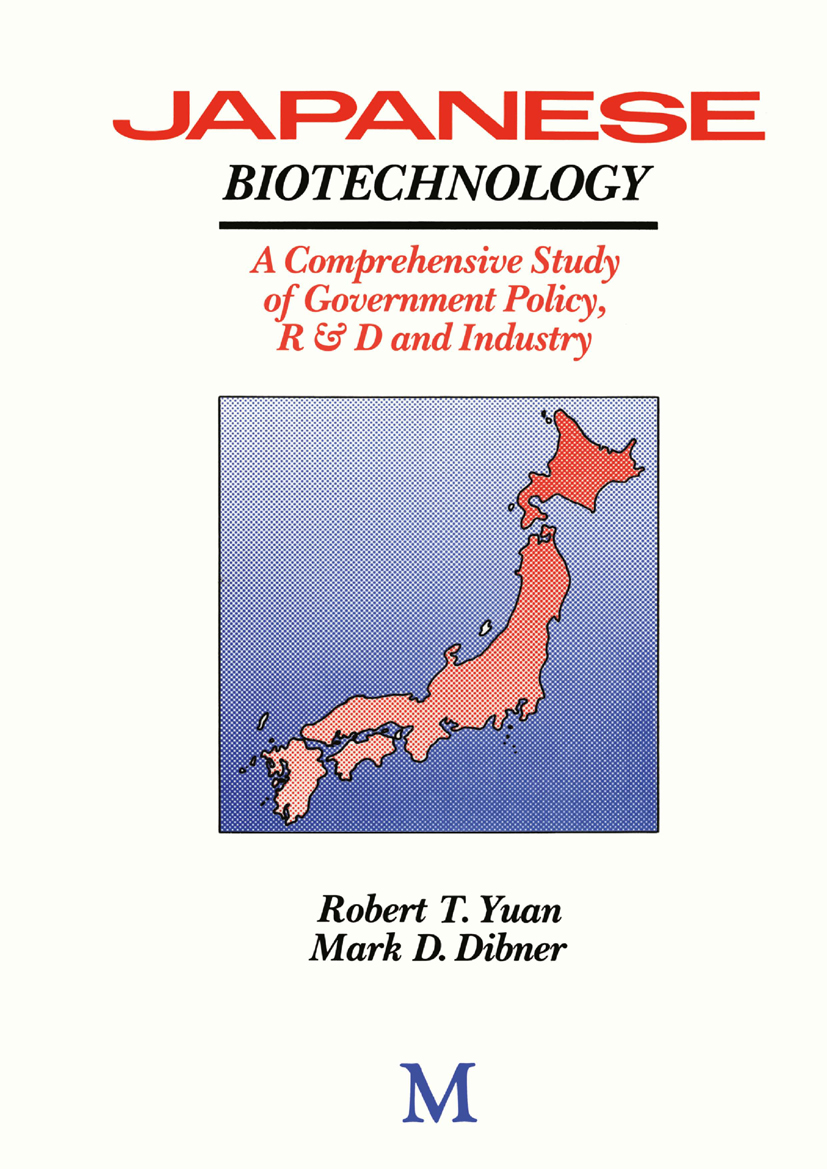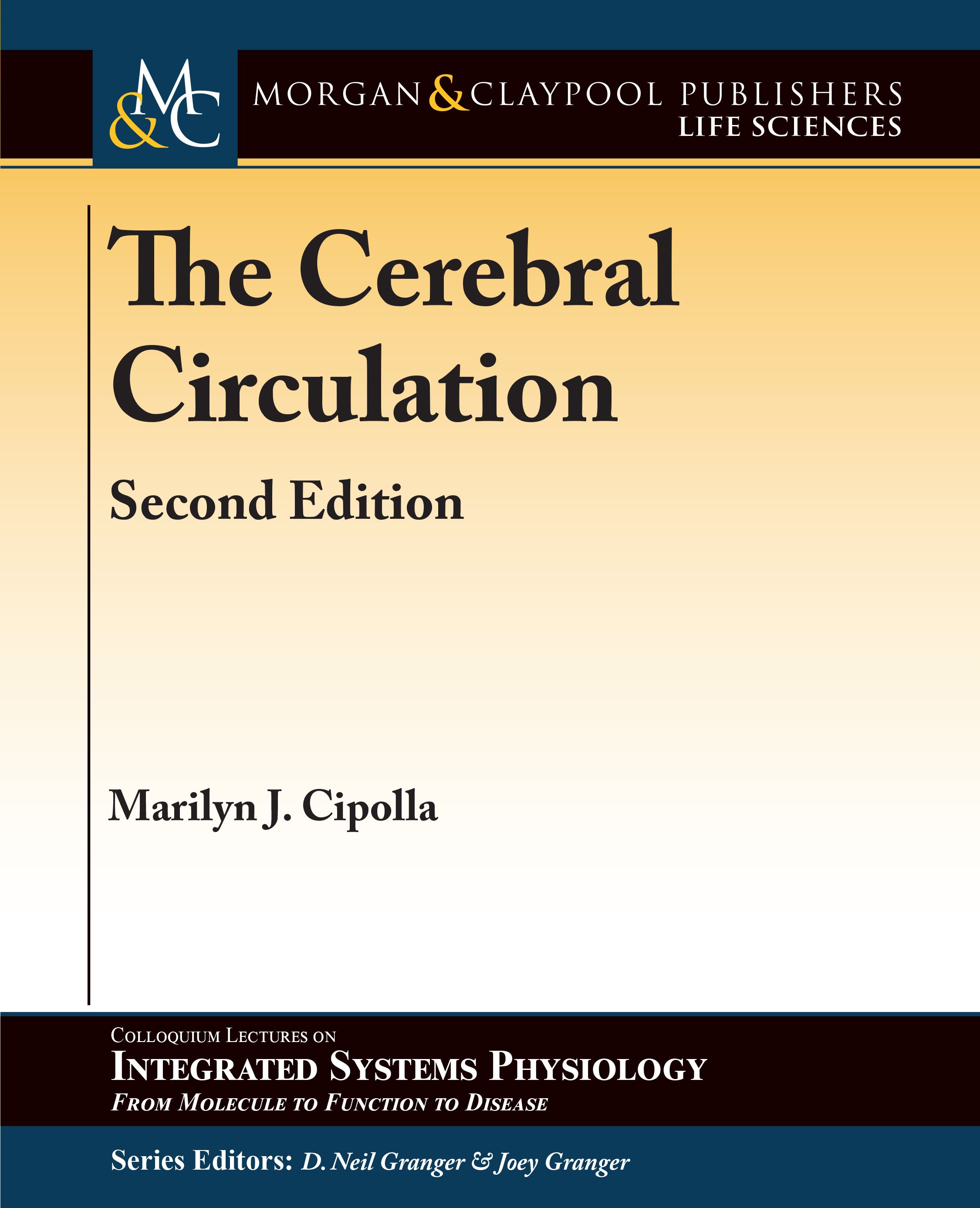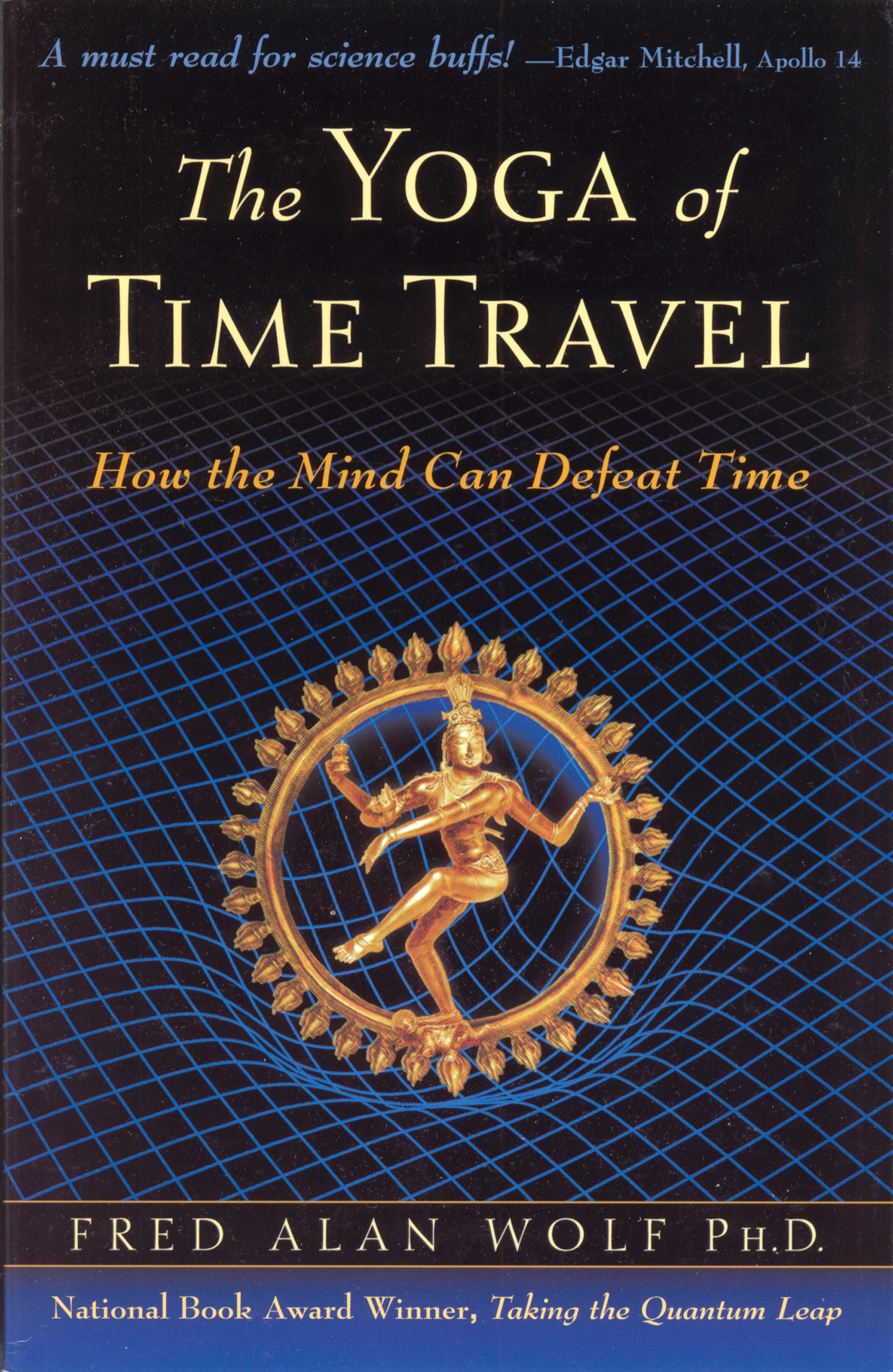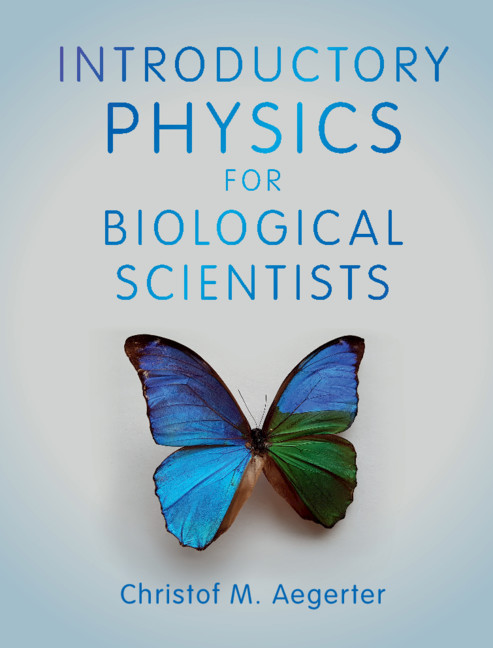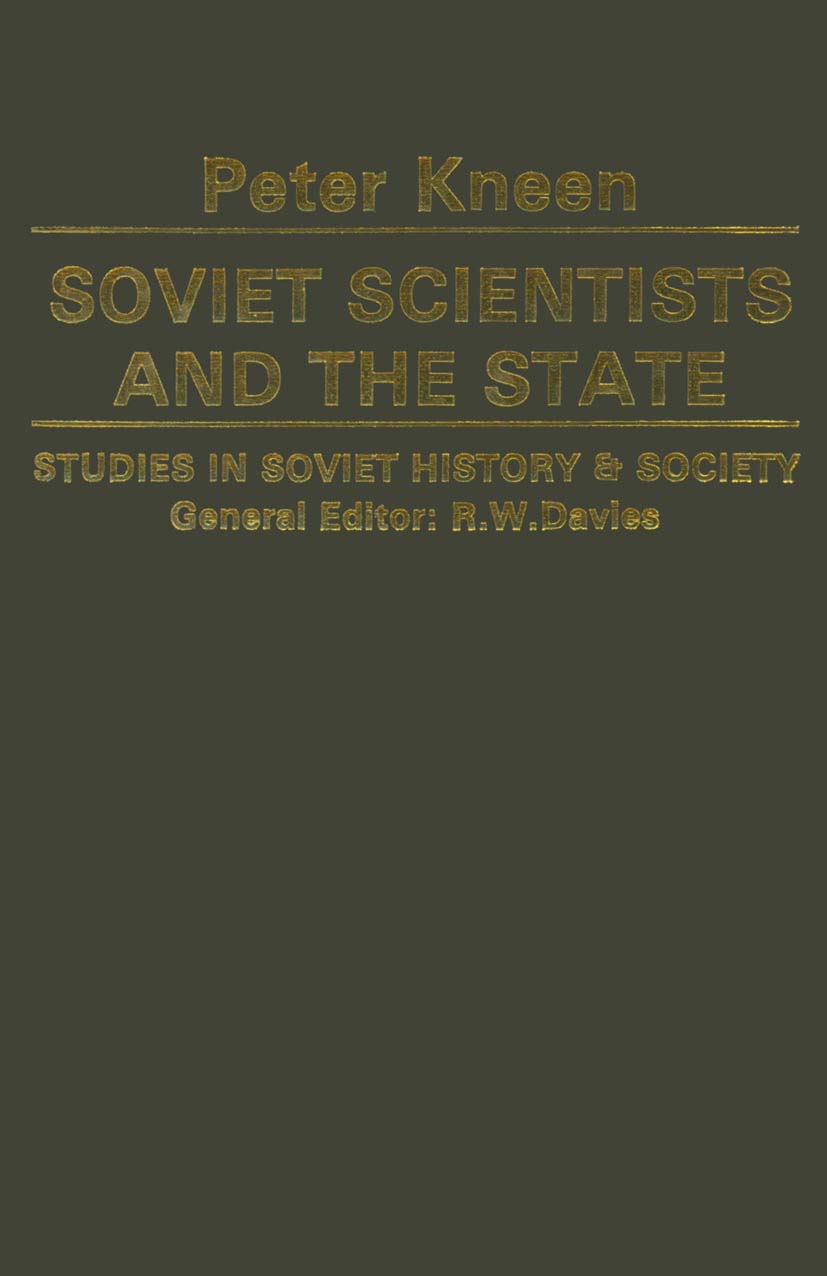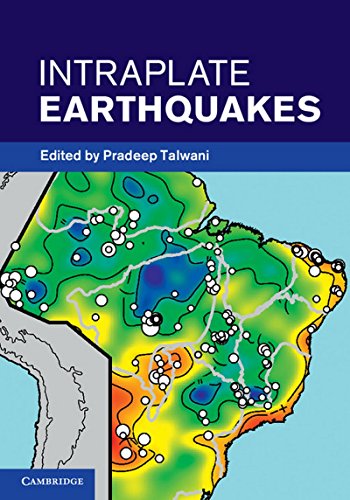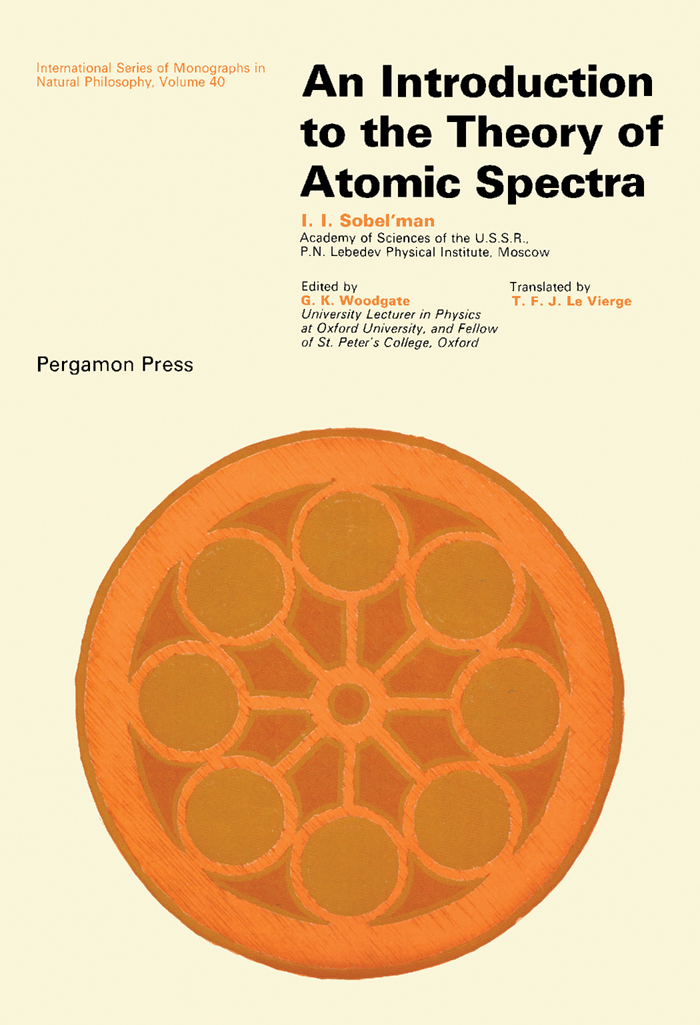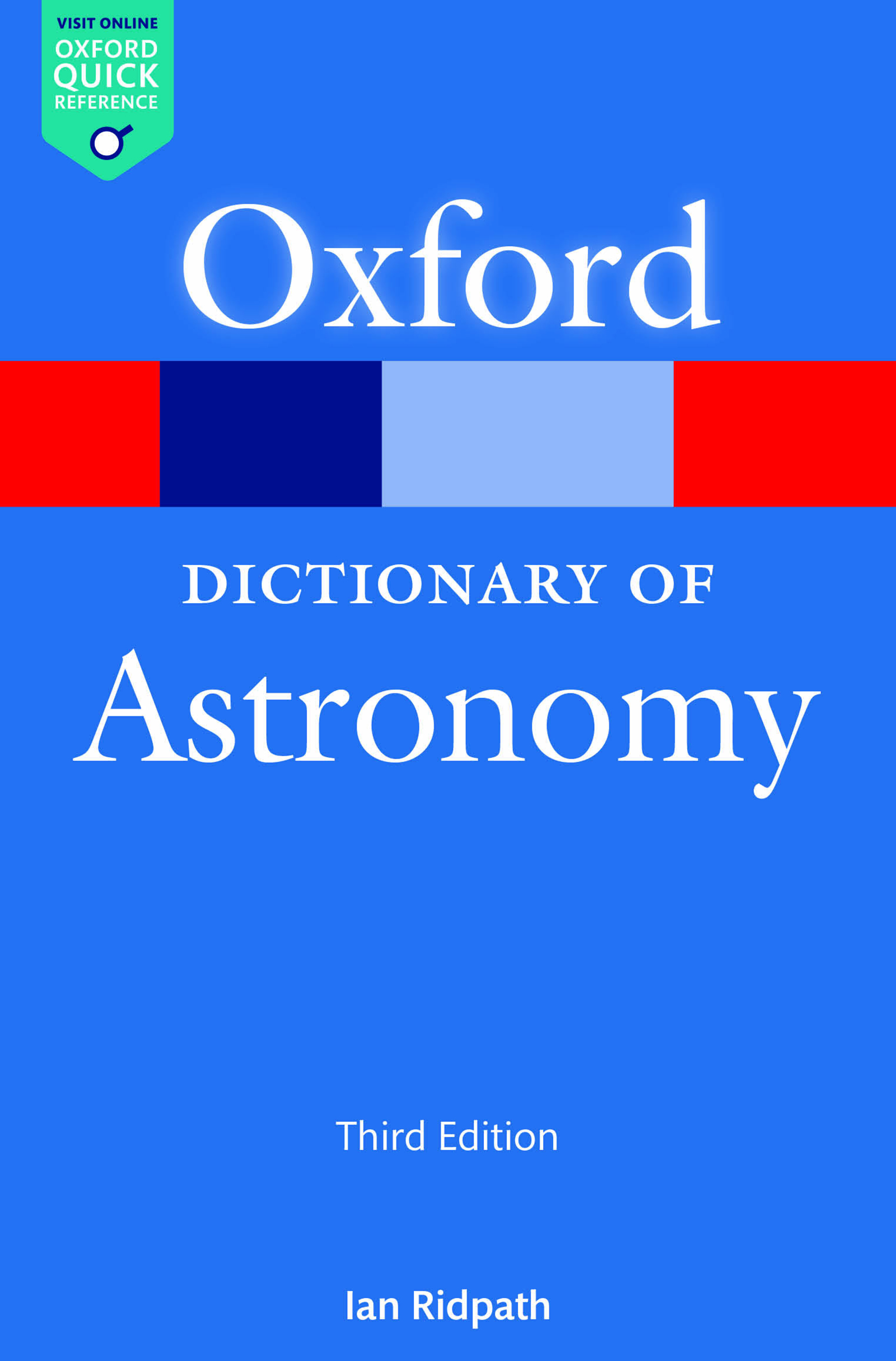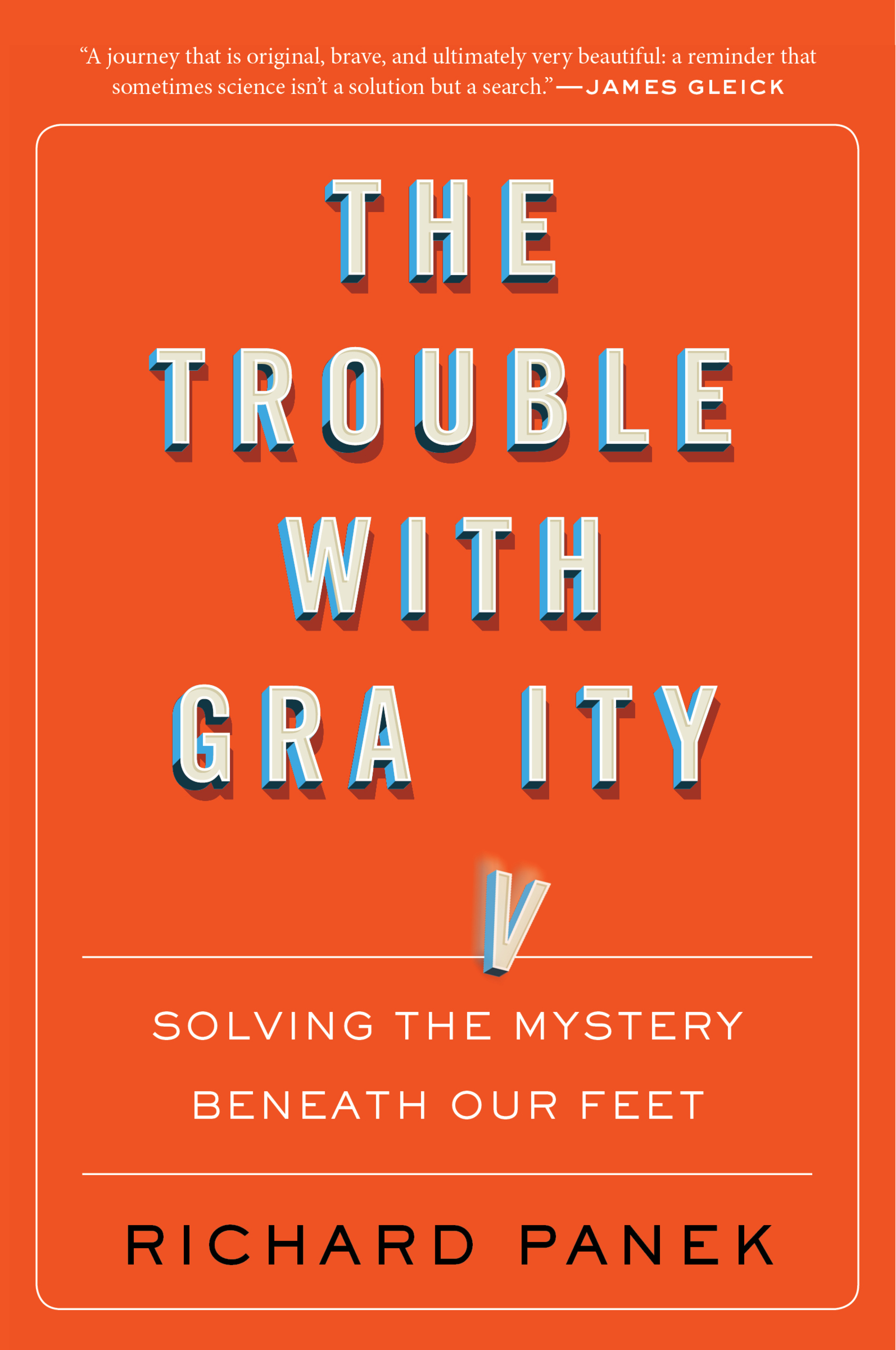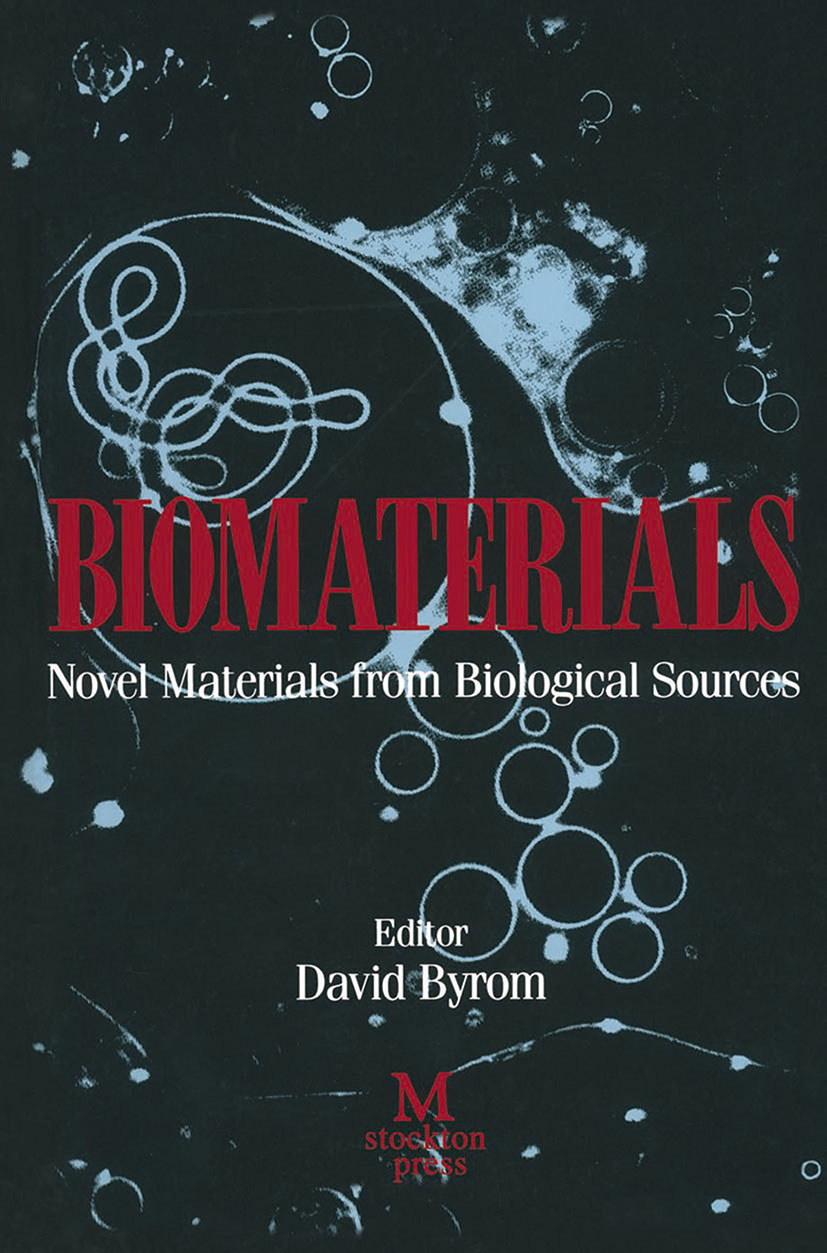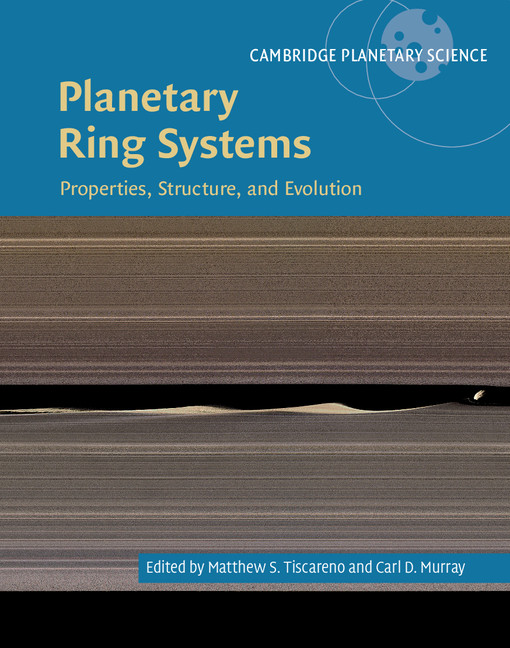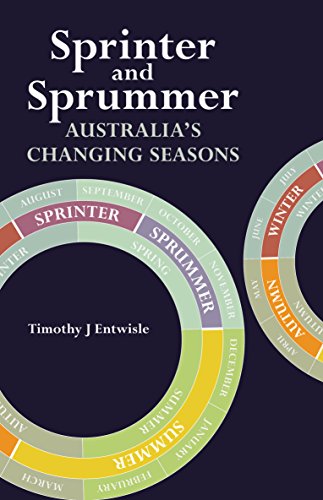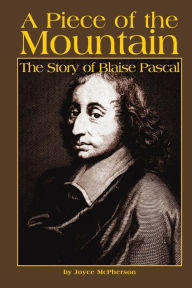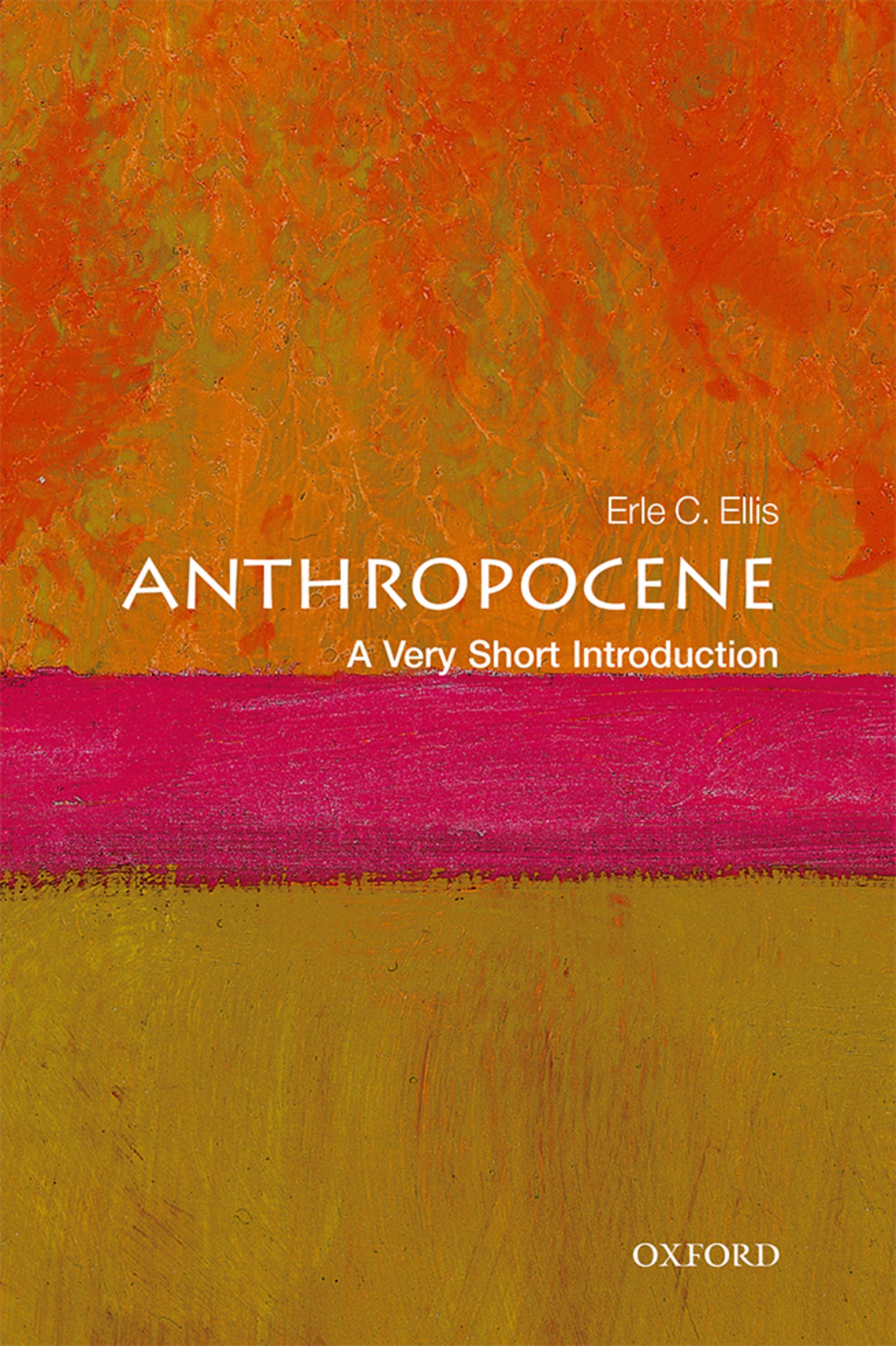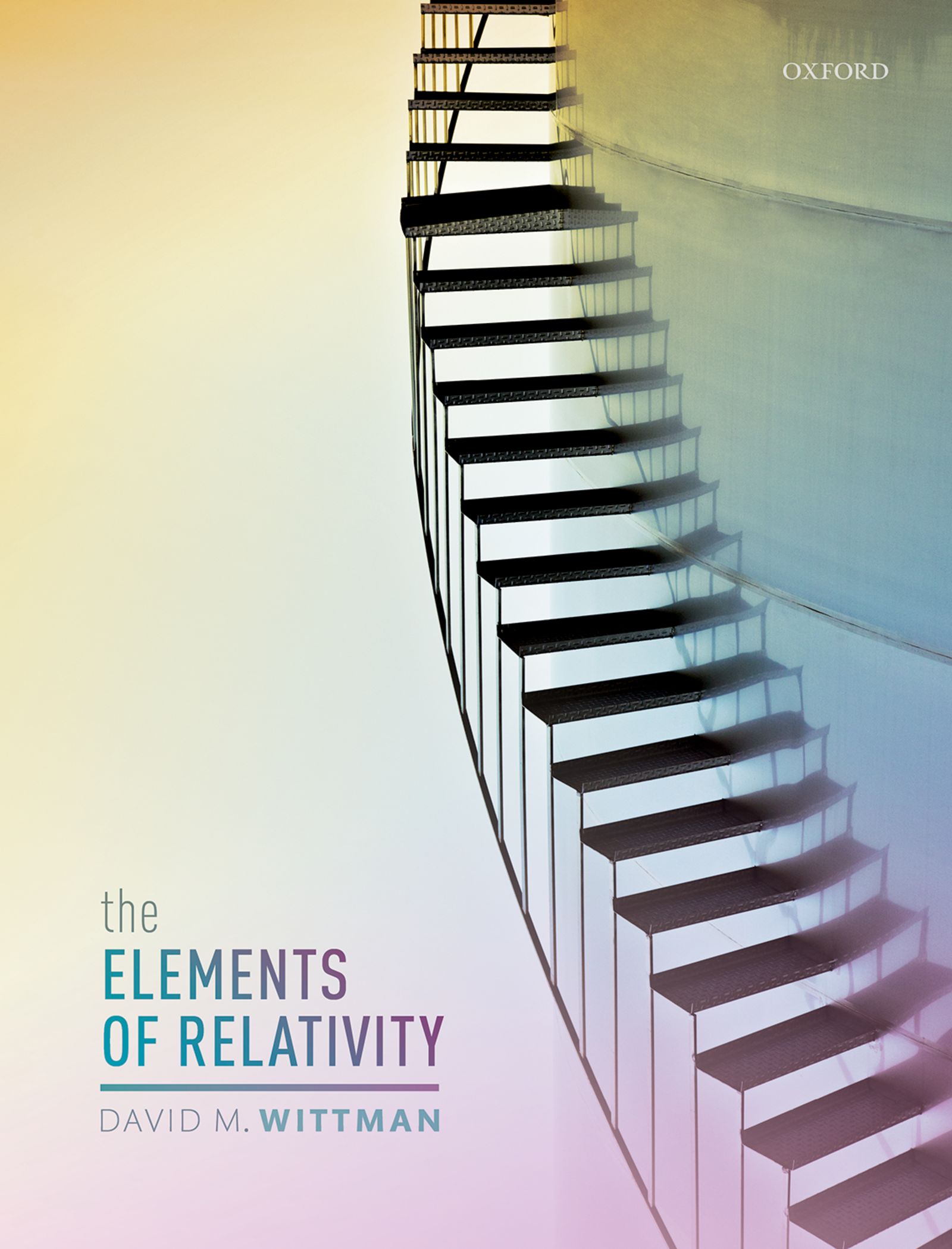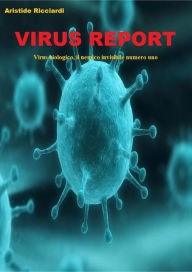Biologically Active Substances of Protozoa
by N.N. Sukhareva-Buell
2020-04-19 20:35:14
Biologically Active Substances of Protozoa
by N.N. Sukhareva-Buell
2020-04-19 20:35:14
The search for new producers of biologically active substances (BAS) against human and animal diseases continues to be an important task in biology and medicine. Experimental work must be carried out well in advance of need because it takes an averag...
Read more
The search for new producers of biologically active substances (BAS) against human and animal diseases continues to be an important task in biology and medicine. Experimental work must be carried out well in advance of need because it takes an average of ten years to develop a new medication, as well as additional time to put it on the market. Study of the Protozoa forms a special branch of biology - protozoology. The traditional fields of protozoology are taxonomy, phylogeny, morphology, cytology, evolution, ecology and host parasite-interactions. The Protozoa is the only taxon among the microscopic organisms, which has not been persistently studied as a source of BAS. This book then is the result of the research on the project: "Biologically active substances of the Mastigophora (Flagellates)". The research was carried out at the Laboratory of Antibiotics, Department of Microbiology, Biological Faculty of Moscow State University. Articles of other authors on the matter have been considered as the important part of this reference book. The goal of the reference book is to elucidate scientific approaches, which lead to obtaining biologically active substances from cultures of protozoa; the book reviews the historical background in connection with contemporary development of the field. N.N. Sukhareva ACKNOWLEDGMENTS The research was performed in fruitful cooperation with my research associates (V. Urinyuk, T. Titiova, L. Udalova, R. Zeleneva, V. Brusovanik, M. Zaretskaya), postgraduate students (N. Kalenik, M. Chuenkova, V. Vasilevskaya, V. Khorokhorina), my colleagues at Moscow State University (Yu. Kozlov and I.
Less


